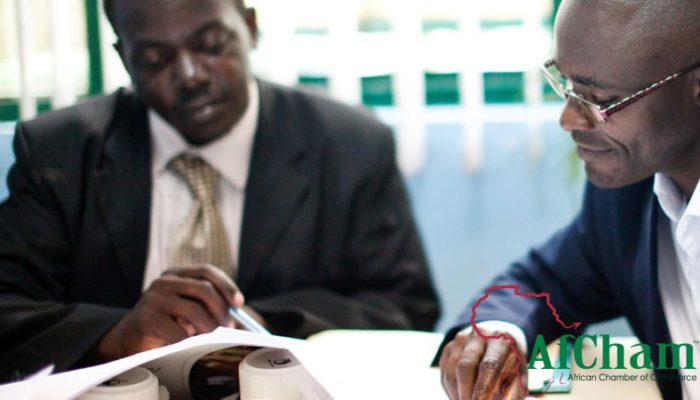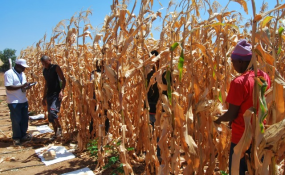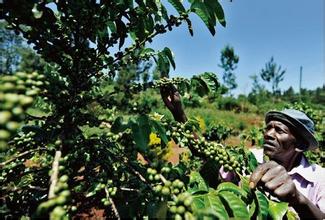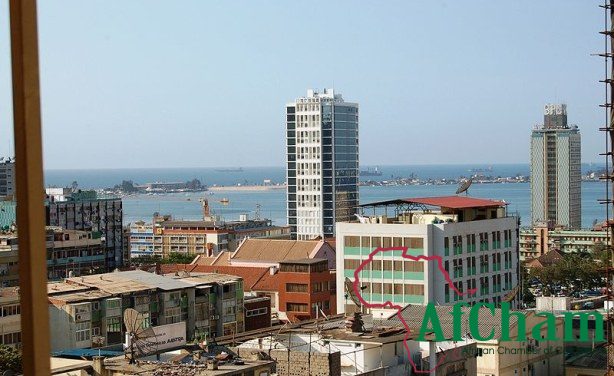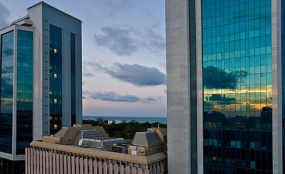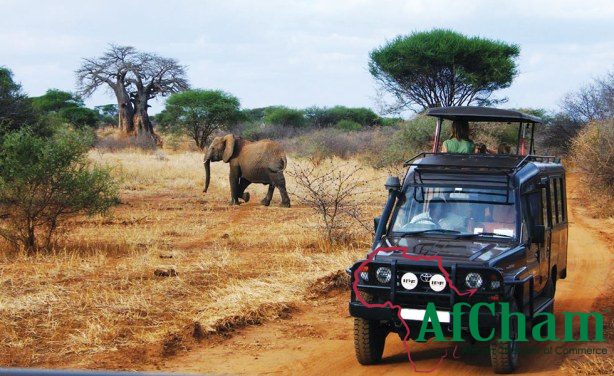When the development of Africa is discussed, most stakeholders often focus more on finances and may be logistics. Human resources are usually overlooked. The few who do think about human resources show little attention to the vast and ever-growing pool of young African professionals based both in and out of the continent. Companies carrying out projects in various industries across the continent have until now depended largely on non-African professionals. The most common flimsy excuse for not using African professionals even in projects for Africa is that, it is hard to find qualified and experienced Africans to do the job. Paradoxically, African countries like Congo (Brazzaville) experienced an unemployment rate of up to 66.9% in recent years and over 20 other African countries have experienced an unemployment rate of between 20 to 40% from 2012 to 2016 according to TradingEconomics.com .
Many platforms uniting African professionals exist. Their common goals are to profile, categorize and orientate these experts towards areas where maximum use of their expertise is in need. One such platform is The African Chamber of Commerce (AFCHAM). Inspired by demands for African professionals by foreign companies investing in Africa, the organization now has a project called the AFCHAM-HR Directory. It is a rich pool of African professionals in any industry you can think of and most of them are all available to start work ASAP as long as the working conditions are right.
Hiring from the AFCHAM-HR Directory is advantageous in the fact that most of the ground work like general background check and preliminary basic skills evaluation are guaranteed and endorsed by AFCHAM, making it easy for the recruiter to focus more on skills related to the particular position in mind. All professionals listed in the program have been checked by AFCHAM officials although this is not an ultimate guarantee that the recruit will satisfy the needs of the employer. Companies or individuals interested in using the AFCHAM-HR Directory service simply have to submit their requests to AFCHAM at hr@afcham-china.org and the department will get in touch for further discussions regarding their needs. It is worth noting that companies in need of African professionals are not necessarily companies based in Africa. Many companies based in other countries need African professionals for other reasons related to their businesses.
African university graduates and working professionals aiming at greater heights in their careers are invited to join this program and get listed as soon as possible before the pool gets flooded. Submit your CVs and portfolios to AFCHAM at cv@afcham-china.org and the department will be in touch to evaluate your skills, career interests before getting you listed. African professionals who are already registered members of AFCHAM enjoy more privileges in this program such as advice on CV writing and interview coaching.
The future of the African continent is in the hands of young African professionals who currently form about 65% of Africa’s population. The African Union in its program dubbed Aspirations for 2063 puts it in the following words: “The aspirations reflect our desire for shared prosperity and well-being, for unity and integration, for a continent of free citizens and expanded horizons, where the full potential of women and youth, boys and girls are realized, and with freedom from fear, disease and want”. The time is now.
D. Nkwetato

